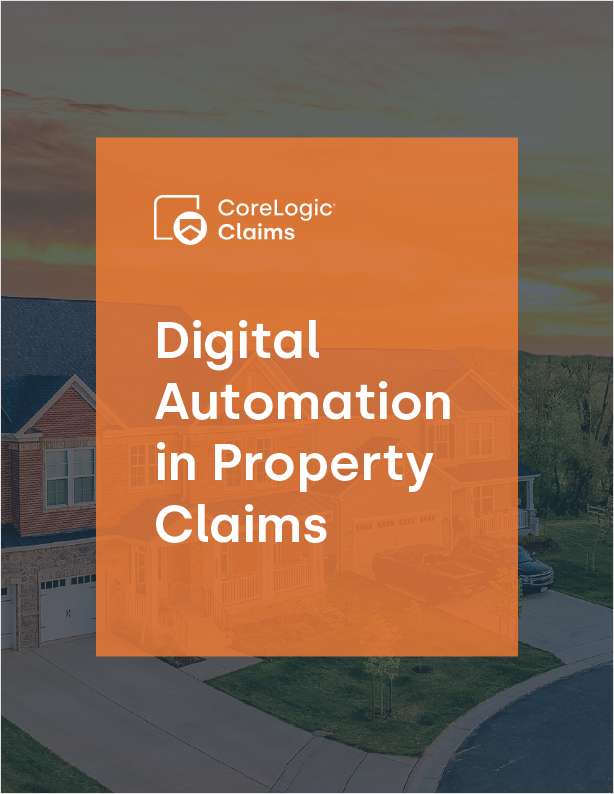Tolls to Tokes: Let's Get Practical About New Revenues
Since the E-ZPass system records payments, why not give a credit against our state income taxes for a portion of tolls paid by residents?
January 31, 2020 at 10:31 AM
3 minute read
 Two major sources of income are available to our neighbors but not in our state: road tolls and taxes on recreational marijuana. This editorial takes no real position on the propriety of tolls as an income source, only the practical effect of being late to the game.
Two major sources of income are available to our neighbors but not in our state: road tolls and taxes on recreational marijuana. This editorial takes no real position on the propriety of tolls as an income source, only the practical effect of being late to the game.
Many Nutmeggers provide revenue on a recurring basis to Massachusetts (e.g., the Mass Pike, Tobin Bridge, etc.), New York (think endless road and bridge tolls) and New Jersey (as in the Turnpike). We think nothing of it, with our E-ZPasses affixed to our windshields. But when the question comes up of tolls in Connecticut (even with a transportation improvement fund lockbox), we cannot abide it. Is it because it would be particularly harsh for those who live near the tolls?
This is where creative thinking should take over. Since E-ZPass records the payments for us, why not give a credit against income tax for a portion of toll payments? Then Connecticut would receive the benefit of the subsidy for much-needed improvements to our roads, directly paid by the heaviest users, those who travel through our state on a constant, recurring basis. This would be a ready alternative to the truck tax being considered (given the recent Rhode Island decision). No one wants another tax, direct or indirect, but Connecticut is in dire need of repairs to our roads and bridges, essential to our economy and the quality of our lives, and we are already paying toward improvements in our sister states. Let them also help us, now.
Then there is the revenue that would be received on the growing and sale of recreational marijuana. Naysayers cite studies regarding the health dangers of marijuana, though the barn door has been open so long that shutting it here, now, makes no sense. Recreational marijuana is legal throughout Canada and just minutes from our own homes, in Massachusetts. Why is it that our moral police turn a blind eye to the endless problems that provide real risk in the casino environment (gambling addiction, prostitution and human trafficking)? Once again, we are losing a revenue source over some inconsistent moral logic: tobacco, alcohol and gambling are acceptable and taxed, but not marijuana.
While economies are regional for consumers, taxes are local. Connecticut needs to look at this issue practically and with its long-term economic health in clear focus. Otherwise, we will be a state with crumbling roads and bridges that no one wants to travel on to get to our casinos. That is the worst of both worlds.
This content has been archived. It is available through our partners, LexisNexis® and Bloomberg Law.
To view this content, please continue to their sites.
Not a Lexis Subscriber?
Subscribe Now
Not a Bloomberg Law Subscriber?
Subscribe Now
NOT FOR REPRINT
© 2025 ALM Global, LLC, All Rights Reserved. Request academic re-use from www.copyright.com. All other uses, submit a request to [email protected]. For more information visit Asset & Logo Licensing.
You Might Like
View All
ADVANCE Act Offers Conn. Opportunity to Enhance Carbon-Free Energy and Improve Reliability With Advanced Nuclear Technologies

Trending Stories
- 1States Accuse Trump of Thwarting Court's Funding Restoration Order
- 2Microsoft Becomes Latest Tech Company to Face Claims of Stealing Marketing Commissions From Influencers
- 3Coral Gables Attorney Busted for Stalking Lawyer
- 4Trump's DOJ Delays Releasing Jan. 6 FBI Agents List Under Consent Order
- 5Securities Report Says That 2024 Settlements Passed a Total of $5.2B
Who Got The Work
J. Brugh Lower of Gibbons has entered an appearance for industrial equipment supplier Devco Corporation in a pending trademark infringement lawsuit. The suit, accusing the defendant of selling knock-off Graco products, was filed Dec. 18 in New Jersey District Court by Rivkin Radler on behalf of Graco Inc. and Graco Minnesota. The case, assigned to U.S. District Judge Zahid N. Quraishi, is 3:24-cv-11294, Graco Inc. et al v. Devco Corporation.
Who Got The Work
Rebecca Maller-Stein and Kent A. Yalowitz of Arnold & Porter Kaye Scholer have entered their appearances for Hanaco Venture Capital and its executives, Lior Prosor and David Frankel, in a pending securities lawsuit. The action, filed on Dec. 24 in New York Southern District Court by Zell, Aron & Co. on behalf of Goldeneye Advisors, accuses the defendants of negligently and fraudulently managing the plaintiff's $1 million investment. The case, assigned to U.S. District Judge Vernon S. Broderick, is 1:24-cv-09918, Goldeneye Advisors, LLC v. Hanaco Venture Capital, Ltd. et al.
Who Got The Work
Attorneys from A&O Shearman has stepped in as defense counsel for Toronto-Dominion Bank and other defendants in a pending securities class action. The suit, filed Dec. 11 in New York Southern District Court by Bleichmar Fonti & Auld, accuses the defendants of concealing the bank's 'pervasive' deficiencies in regards to its compliance with the Bank Secrecy Act and the quality of its anti-money laundering controls. The case, assigned to U.S. District Judge Arun Subramanian, is 1:24-cv-09445, Gonzalez v. The Toronto-Dominion Bank et al.
Who Got The Work
Crown Castle International, a Pennsylvania company providing shared communications infrastructure, has turned to Luke D. Wolf of Gordon Rees Scully Mansukhani to fend off a pending breach-of-contract lawsuit. The court action, filed Nov. 25 in Michigan Eastern District Court by Hooper Hathaway PC on behalf of The Town Residences LLC, accuses Crown Castle of failing to transfer approximately $30,000 in utility payments from T-Mobile in breach of a roof-top lease and assignment agreement. The case, assigned to U.S. District Judge Susan K. Declercq, is 2:24-cv-13131, The Town Residences LLC v. T-Mobile US, Inc. et al.
Who Got The Work
Wilfred P. Coronato and Daniel M. Schwartz of McCarter & English have stepped in as defense counsel to Electrolux Home Products Inc. in a pending product liability lawsuit. The court action, filed Nov. 26 in New York Eastern District Court by Poulos Lopiccolo PC and Nagel Rice LLP on behalf of David Stern, alleges that the defendant's refrigerators’ drawers and shelving repeatedly break and fall apart within months after purchase. The case, assigned to U.S. District Judge Joan M. Azrack, is 2:24-cv-08204, Stern v. Electrolux Home Products, Inc.
Featured Firms
Law Offices of Gary Martin Hays & Associates, P.C.
(470) 294-1674
Law Offices of Mark E. Salomone
(857) 444-6468
Smith & Hassler
(713) 739-1250












